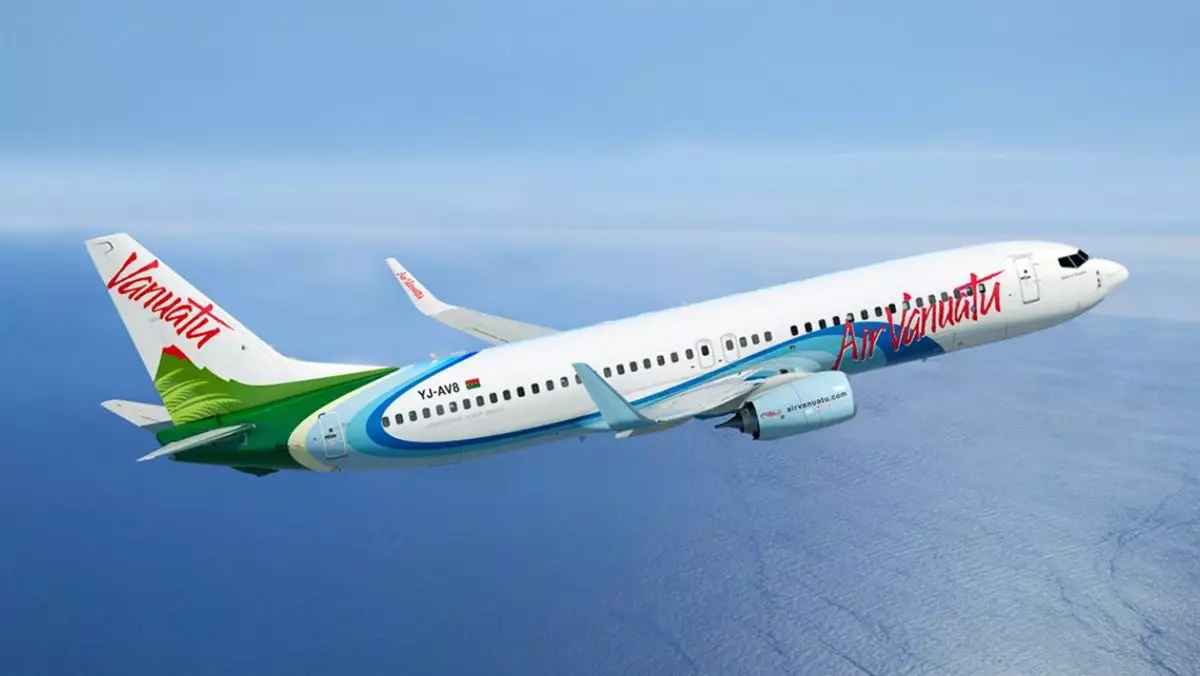Air Vanuatu, a South Pacific state-owned carrier, has recently found itself in a dire situation, leading to the filing for bankruptcy protection on May 10th. This move came right after the airline made the difficult decision to cancel all international flights, leaving thousands of travelers stranded. The cancellation of more than 20 flights to and from major Australian and New Zealand cities, including Sydney, Brisbane, and Auckland, was attributed to extended maintenance requirements on their aircraft. This decision has significant implications not only for the airline but also for the passengers and the nation of Vanuatu as a whole.
In response to the bankruptcy filing, Ernst & Young Australia appointed Morgan Kelly, Justin Walsh, and Andrew Hanson as liquidators for Air Vanuatu. This move is equivalent to a U.S. Chapter 11 bankruptcy, aiming to navigate the airline through this challenging period. The liquidators emphasized the importance of safety and maintenance checks before resuming normal operations, ensuring the continuity of service to customers. Despite the turmoil, Kelly expressed optimism about the future of Air Vanuatu, highlighting its strategic significance for the Republic of Vanuatu.
The disruption caused by Air Vanuatu’s financial struggles has greatly affected travelers, with many left stranded and uncertain about their future travel plans. The Vanuatu Tourism Office issued an apology to travelers for the inconvenience, assuring them that efforts were being made to address the situation promptly. The tourism industry, which contributes significantly to Vanuatu’s GDP, is likely to face challenges due to the airline’s operational issues. The implications of Air Vanuatu’s bankruptcy protection extend beyond its own operations to impact the broader tourism sector in the region.
The voluntary liquidators highlighted a range of factors that contributed to Air Vanuatu’s predicament, including labor shortages, rising operating costs, elevated interest rates, and the impact of natural disasters on tourist numbers. The path forward for the airline involves exploring various options, such as a potential sale process or partnership arrangement with another carrier. The Vanuatu government has expressed its desire to resume operations swiftly, underscoring the critical role that Air Vanuatu plays in the nation’s transportation and tourism infrastructure.
The human impact of Air Vanuatu’s financial struggles is evident in the stories of individual travelers like Sally Witchalls, who found themselves in a challenging situation when their flight was canceled. The lack of coverage for airline bankruptcy under travel insurance adds another layer of complexity to an already stressful experience for travelers. As individuals navigate the uncertainty caused by Air Vanuatu’s situation, the need for transparent communication, swift action, and support mechanisms becomes paramount.
The crisis facing Air Vanuatu underscores the fragility of the aviation industry, particularly for smaller carriers operating in challenging environments. The interplay between economic, regulatory, and environmental factors has brought the airline to a critical juncture, requiring decisive action and collaboration to chart a sustainable path forward. As stakeholders come together to address the immediate challenges and long-term viability of Air Vanuatu, the resilience of the airline and the community it serves will be put to the test.

